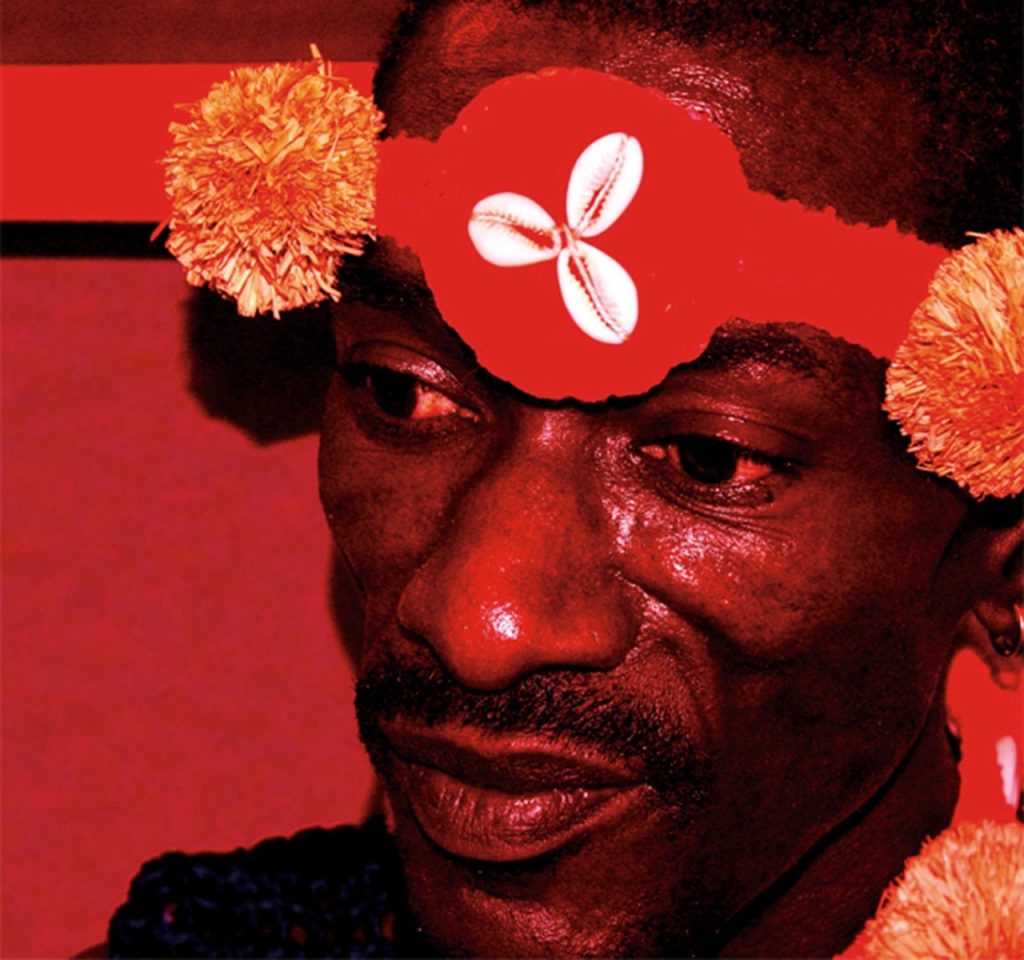Janka in America
The King of Bubu, Janka Nabay, translates this music and his culture for rock kids in the trendy hangouts of New York City.

Janka Nabay.
Last month I got to see Ahmed Janka Nabay, a Sierra Leonean singer currently living on the U.S. East Coast, perform at an underground party in Brooklyn, New York. I had been following and writing about Janka for a while after coming across Bubu music at a Sierra Leonean diaspora community function, but had yet to see him live. Janka is known as the king of Bubu, a traditional music from his home area in the provinces, because he translated the music from a processional style reserved for cultural events, to a popular urban music using synthesizers and drum machines. A couple of Sierra Leone’s biggest musicians followed in the wake of Janka’s innovation, but he wasn’t finished yet.
After leaving Sierra Leone towards the end of its civil war, and ending up in New York, Janka linked up with a promoter and radio producer named Wills Glasspiegel who introduced him to the underground music scene bubbling in New York’s outer boroughs. He eventually linked up with a band, dubbed them the Bubu Gang, and they’ve been playing various shows and underground parties around the area ever since.
I was honestly floored after seeing the Bubu Gang perform live that first time. Janka, not satisfied with translating his music for city folk in Freetown, or the diaspora communities abroad, is steady on the grind translating this music and his culture for rock kids in the trendy hangouts of New York. I came back for a second helping, this time with a camera and filmed this interpretation of his single “Eh Congo“:
He not only played his own Bubu hits, but also some great Salone Highlife and even closed the show with the beautiful Palm-Wine tune “Elizabeth” by one of Sierra Leone’s greatest, Souleyman Rodgie (who had himself made a career in California during the 1970’s.)
He’s really proactive about “teaching” his audience as well. The night I took the video (above), he quizzed the room on geography: “Who knows where Burkina Faso is?” and when no one knew, he proceeded to list all the countries in the West Africa region. “American’s don’t know geography,” he said.
I rather think that this collaboration between Janka and his recruited band the Bubu Gang, members of two popular rock bands in Brooklyn, The Skeletons and the Z’s, is exactly the kind of interactions I’d like to see in the “World Music” scenes. I won’t attempt to compare them here to other bands who have taken on African music influences in the West of late, but I think that this group does a great job of staying faithful to Janka’s original style, while at the same time putting their own signature into the tunes. It’s an audible conversation, a fusion that translates well, a true collaboration between people from different places.


















